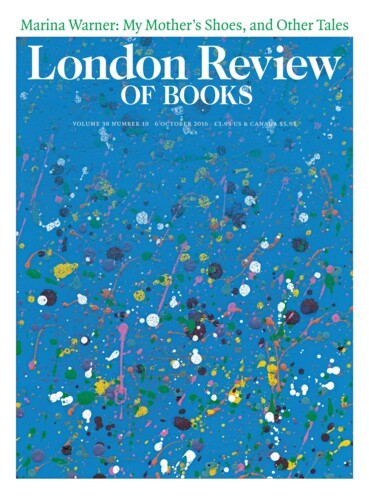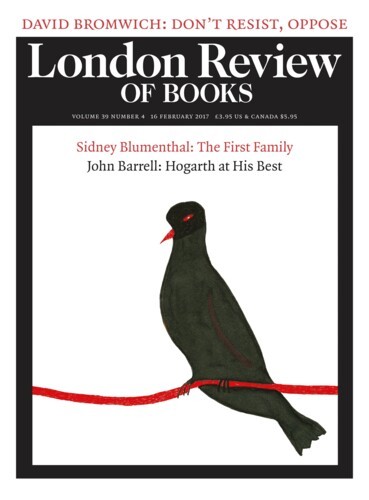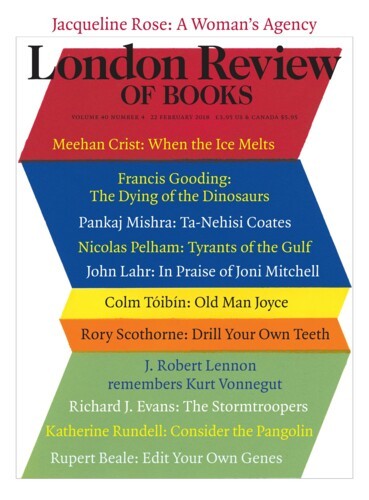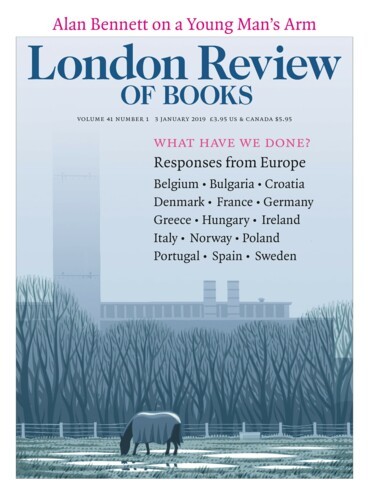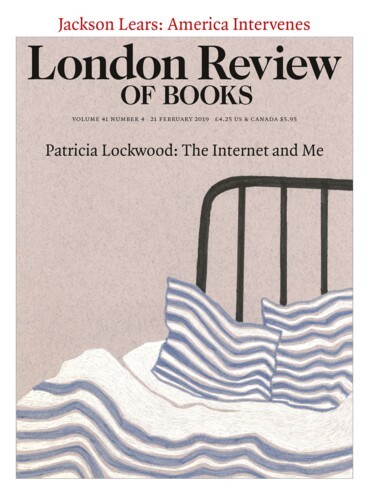What colour was a Tyrannosaurus rex? How did an Archaeopteryx court a mate? And how do you paint the visual likeness of something no human eye will ever see? Far from bedevilling the artists who wanted to depict prehistoric creatures and their lost worlds, such conundrums have in fact been invitations to glorious freedom. For nearly two hundred years the resulting genre – now known as palaeoart – has been a playground wherein tyrannosaurids, plesiosaurs and their fellows have not only illustrated scientific knowledge, but acted as scaled and feathered proxies for the anxieties of contemporary life. None of us has ever seen one, but who doesn’t know what a dinosaur looks like?
Palaeoart: Visions of the Prehistoric Past by Zoë Lescaze. For nearly two hundred years palaeoart has been a playground wherein tyrannosaurids, plesiosaurs and their fellows have not only illustrated scientific knowledge, but acted as scaled and feathered proxies for the anxieties of contemporary life. None of us has ever seen one, but who doesn’t know what a dinosaur looks like?
